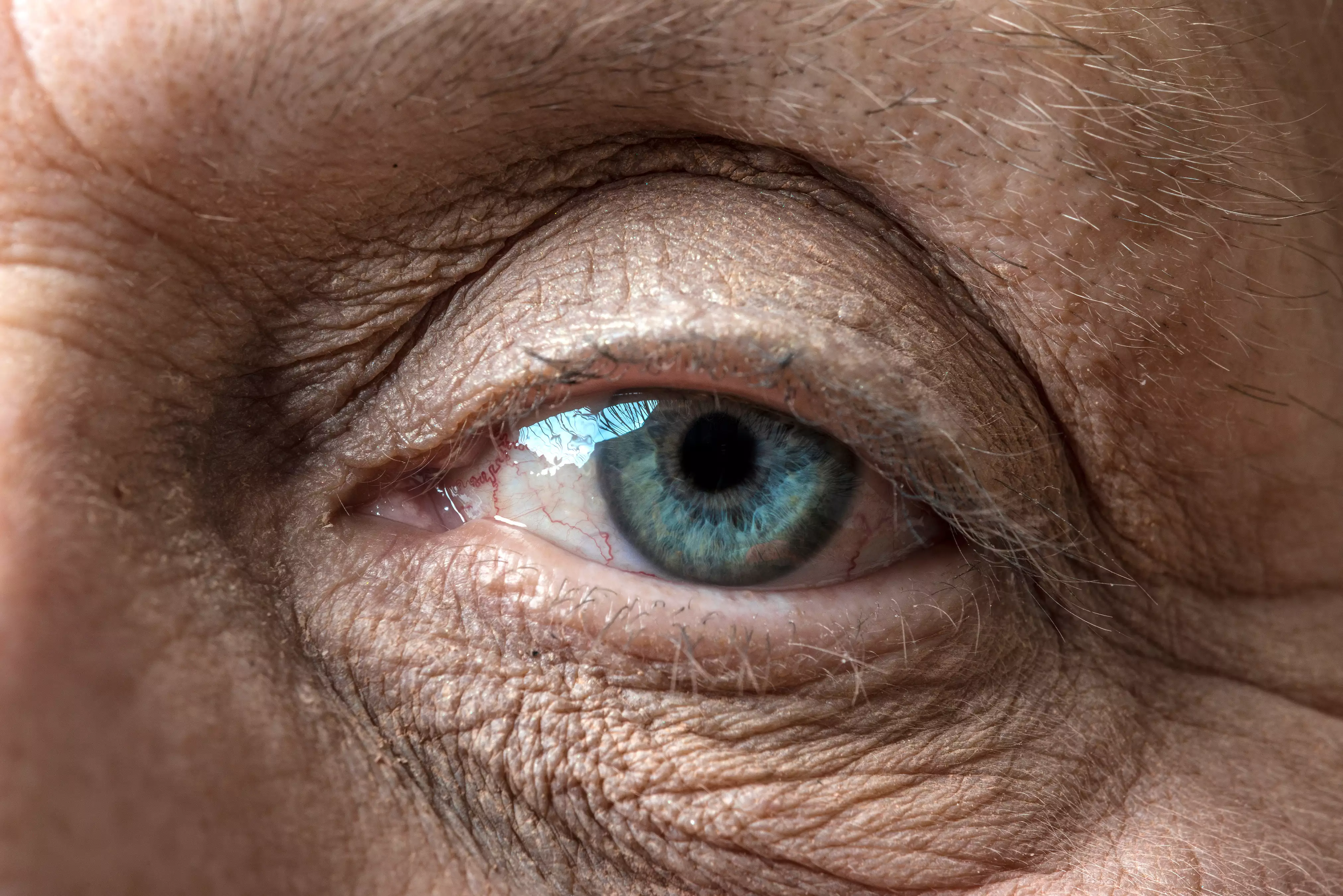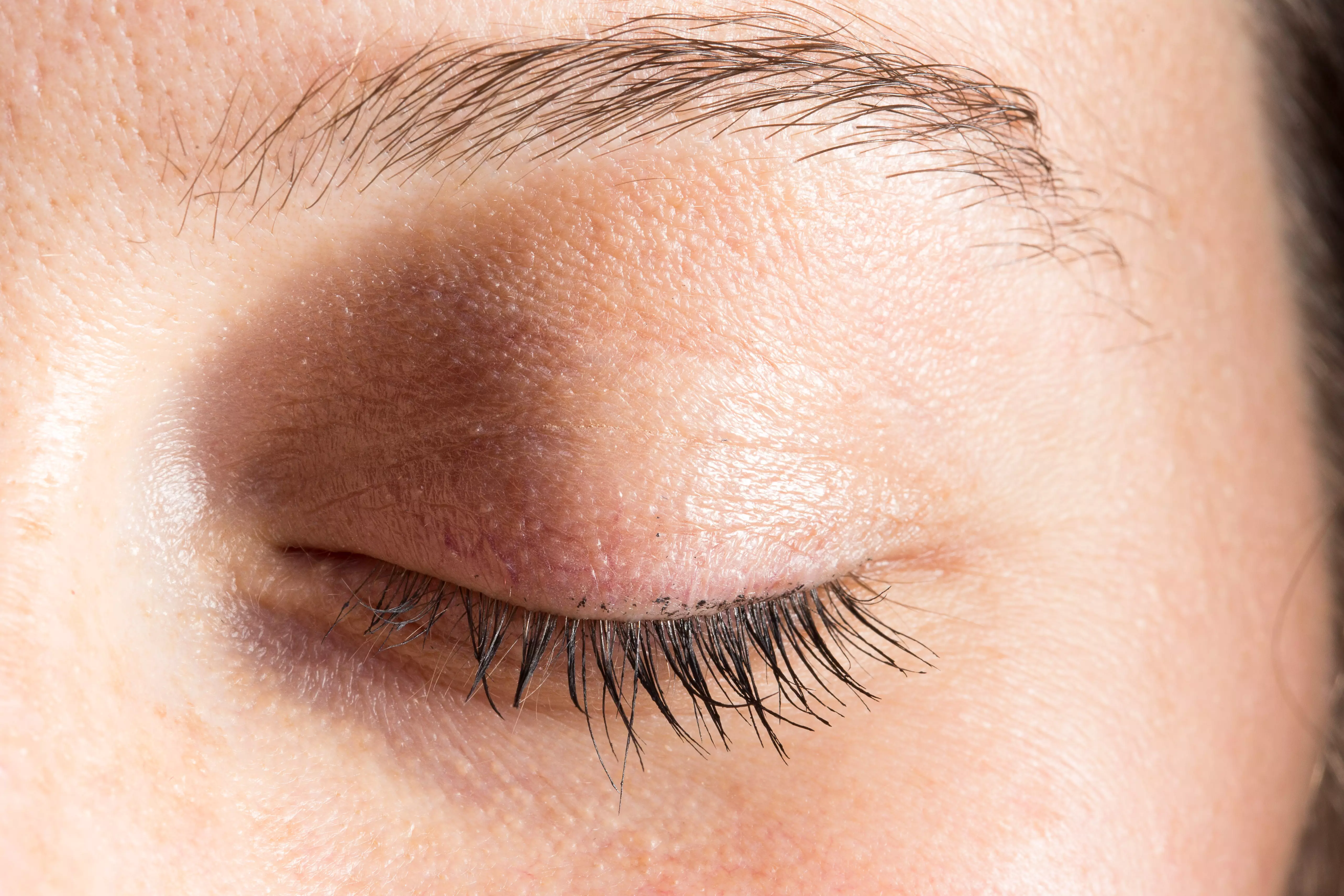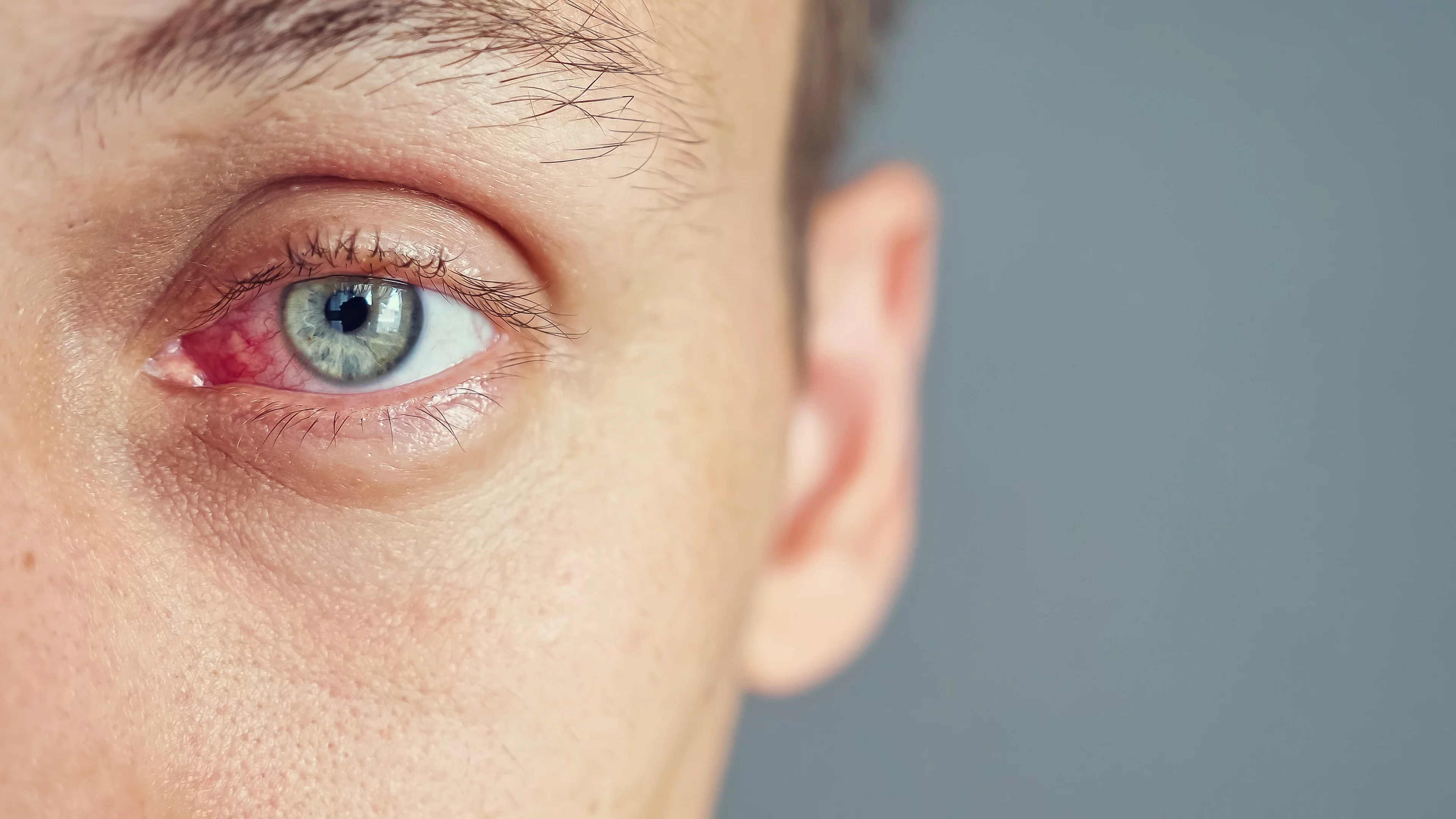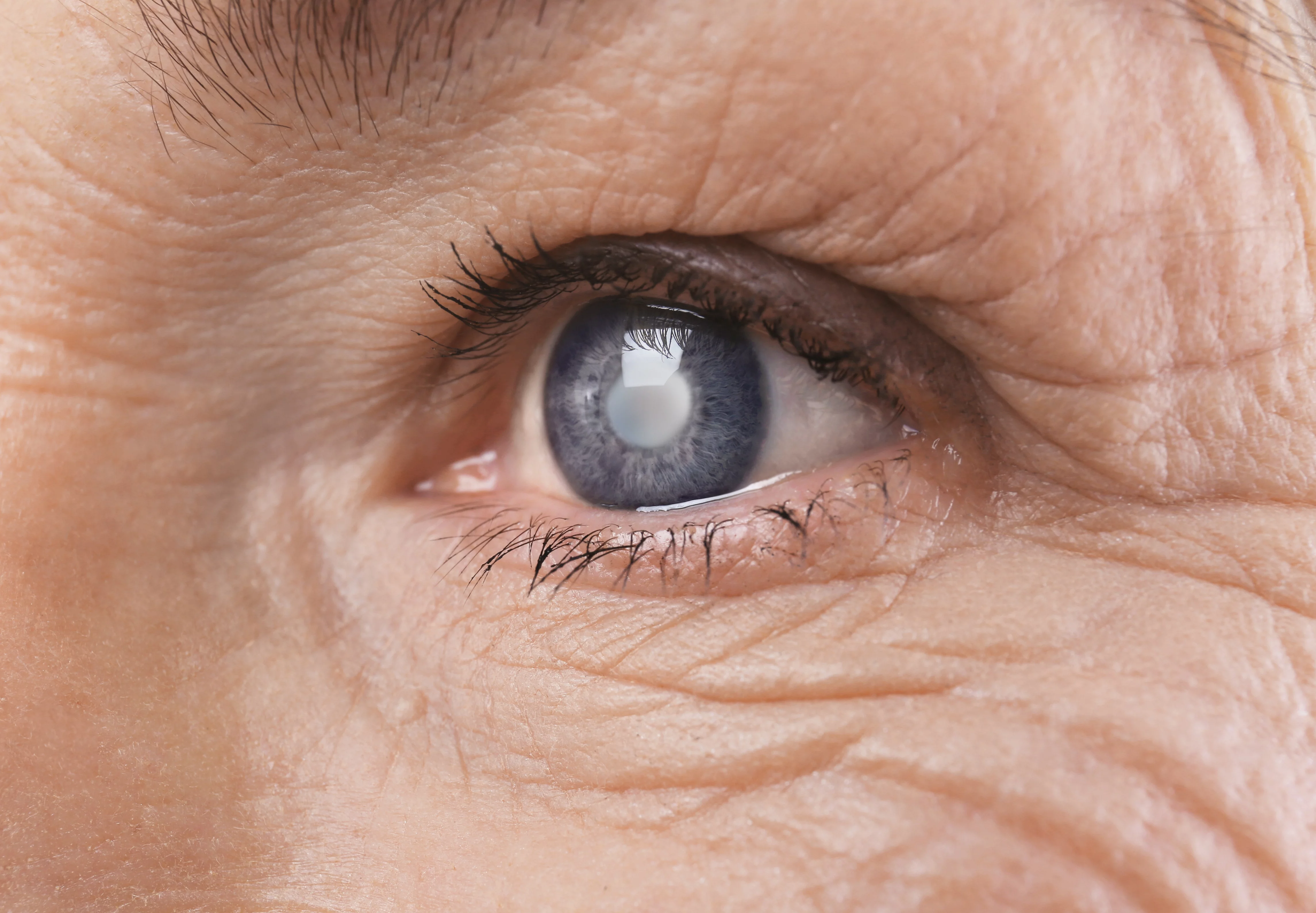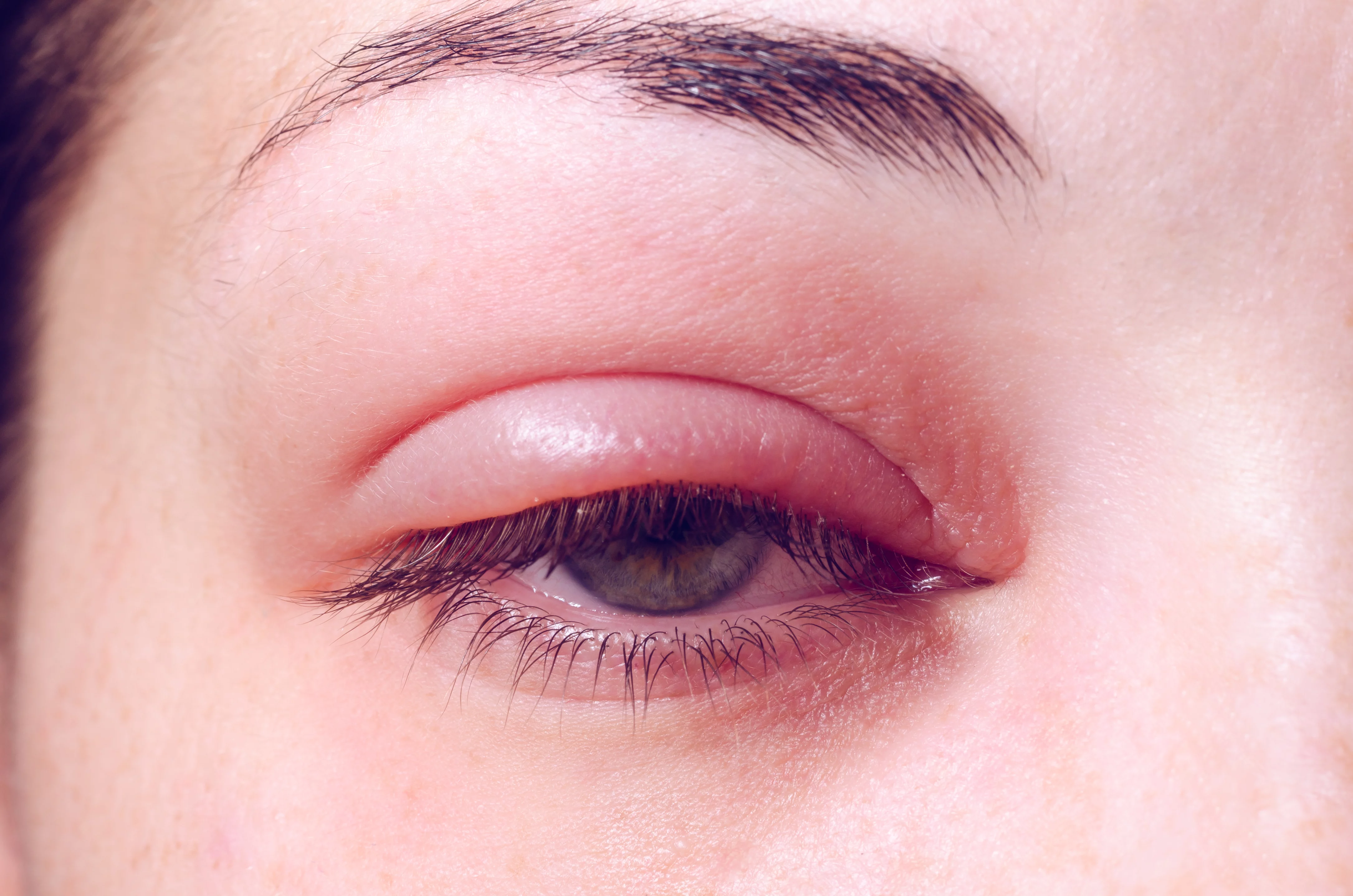The importance of eye nutrition

Ocular nutrition is a key lifestyle element in the preservation of optimal long-term vision¹.
Ocular nutrition is crucial to maintaining optimal vision.
It encompasses the strategic provision of essential nutrients, including antioxidants, vitamins A, C and E, minerals and omega-3 fatty acids.
- These nutrients can help to reduce the progression of age-related eye disorders, including macular degeneration and cataracts¹⁻². Antioxidants act as protective shields, limiting oxidative damage and thus helping to preserve the retina³.
- Vitamins, meanwhile, support the health of ocular tissues, strengthening resistance to degenerative conditions.
- Omega-3 fatty acids promote protection against the oxidative, inflammatory and vasogenic processes that play a key role in the development of degenerative disease such as AMD⁴.
A balanced diet rich in these specific nutrients can help to reduce the relative risk of progression of eye disorders. What's more, the judicious integration of dietary supplements, rich in these essential nutrients, can be a beneficial complementary approach to optimizing ocular nutrition and help to slow the progression of age-related eye disorders such as macular degeneration.

